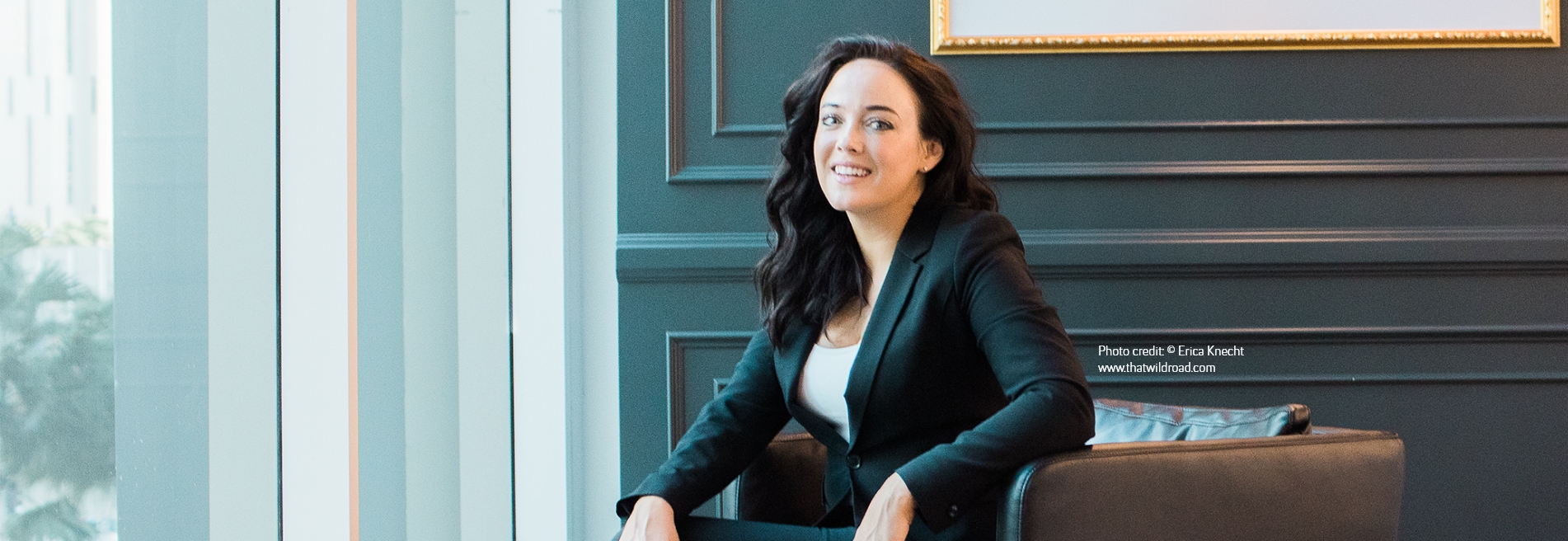Storytelling is an essential skill for gender equality expert Michelle Penelope King as she goes about tackling inequality on the world stage.
The AUT alumna who has been leading the UN Women’s Global Innovation Coalition for Change is now at Netflix as its Director of Inclusion. As well as delivering a regular podcast, contributing to Forbes and taking her message to the TEDx stage, Michelle has published her first book this year. She says communication is the key to her advocacy.
Tell us a bit about yourself and the many roles you have now
It has been an incredible honour to work in support of the mandate of UN Women where I managed partnerships and initiatives to accelerate the achievement of gender equality and women’s empowerment. After four incredible years, I’m joining Netflix as the Director of Inclusion based in Los Angeles. I’m also a regular contributor for Forbes, and the author of a recently released book published by Simon and Schuster, THE FIX: Overcome the Invisible Barriers that Hold Women Back at Work.
What do you hope to achieve in your advocacy roles?
As an advocate I simply try to raise awareness of the challenges all women face at work, and what men and women can do to navigate and remove these barriers. The idea is very much to try and make workplaces work for everyone.
What is the most important thing people can do to remove barriers for women in the workplace?
The number one thing people can do is to disrupt their denial and become aware. How many people can name the barriers women face at work because of gender inequality? What about how these challenges differ for women of colour or any area of difference? Or what are the challenges men face because of inequality? Educating ourselves about the different experiences we all have of working life is how we come to understand the challenges we each face, which is necessary to identify what we can do to tackle these challenges together.
“If you want to become an expert or thought leader you have to get comfortable with communicating on different platforms and this is something I learnt from my time at AUT.”
What skills helped you get to where you are?
Well, AUT was instrumental in developing my capability as a storyteller, which is the key to advocacy. I host a weekly podcast, The Fix, which shares practical ways men and women can advance equality at work. I interview a range of business leaders, advocates and thought leaders like Abby Wambach, Sarah Jessica Parker, Zoe Saldana, Prime Minister Jacinda Ardern, Justin Baldoni, Kate Hudson, Wade Davis and Katty Kay to name a few. I am only able to do this because of the skills I learnt at AUT.
My journalism study also enabled me to become a contributor for Forbes, and I would never have dreamed of writing a book, but AUT taught me how to write, which is a great gift and something I am very grateful for.
A lot of degrees are not always applicable to real life, but I use my journalism skills in every aspect of my work, whether it is writing, podcasting or speaking at events.
What advice would you give people looking to follow in your footsteps?
I am a big advocate of just giving things a go, you never know where it might lead. You don’t need all the answers or for everything to make sense.
I would never have imagined that I would end up working for the UN or authoring a book with Simon & Schuster, but I just gave it go. I really encourage anyone reading this who has big dreams to do the same. As scary as it might seem, just give it go.
